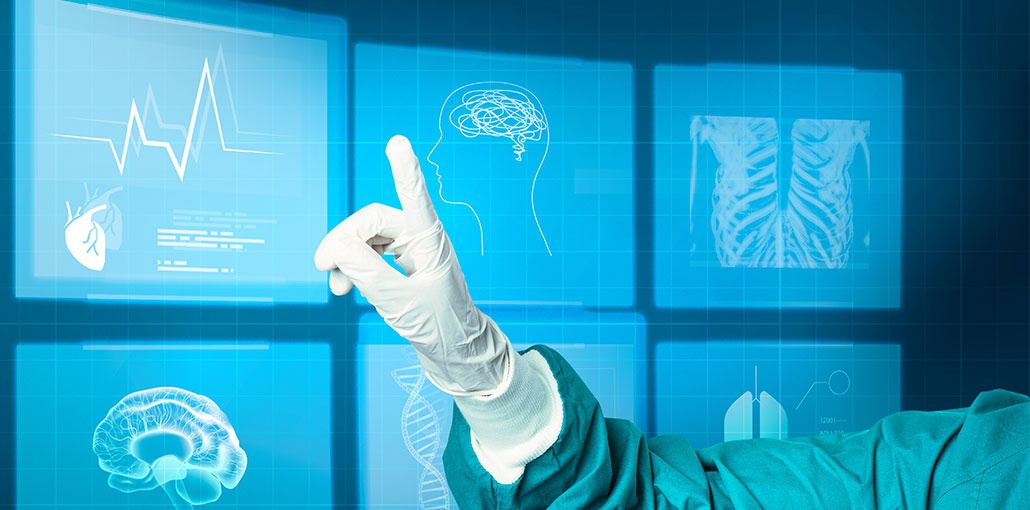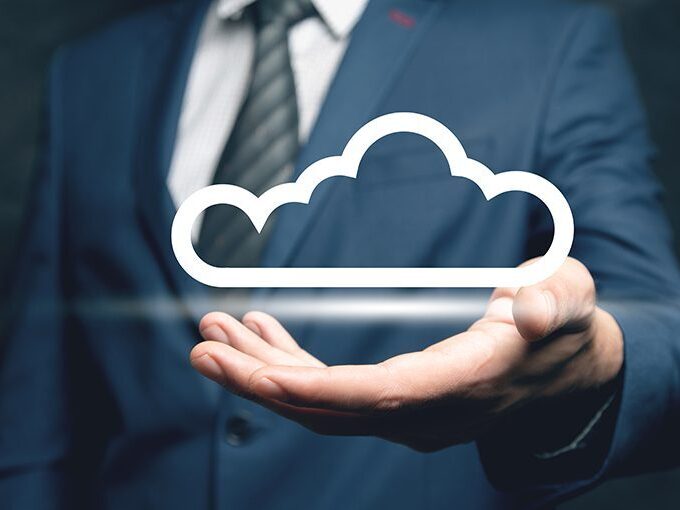The Internet of Things or IoT is one of the fastest-growing sectors which can be clearly understood from the increasing demand for smart devices and smart technology in day-to-day lives. The opportunities for innovation of IoT in the healthcare industry are appearing and evolving on a regular basis.
It is quite obvious that medical services and facilities come with unique challenges and IoT is playing a significant role in creating new ways to overcome these challenges. There is a wide array of applications of the Internet of Things in the healthcare industry ranging from security solutions to environmental controls, and to wearable sensors and cloud-connected medical devices.
IoT’s positive impact in the healthcare industry transforms the entire healthcare experience, improving outcomes for the patient and enhancing the overall quality of care provided to patients.
IoT development company is something that has seen a consistent rise over the past few years. Newer and newer concepts are being introduced with the advancements in technology that plays a crucial role in bringing about an improvement in the overall healthcare industry.
The Idea of IoT in the Healthcare Industry
Internet of Things in the healthcare industry refers to a range of connected devices used in a clinic, hospital, or any other medical setting. The common IoT devices include automated lighting, smart thermostats, security systems, digital signage, different types of sensors, and many more.
When all these are implemented in the context of healthcare, a few of these devices play an innovative and unique role in patient care, safety, and comfort. To state in simpler terms Internet of Things refers to the various medical devices being integrated into the network of the Internet of Things framework.
The IoT devices that are specific to the healthcare industry are usually differentiated from the traditional IoT by stating it is as medical IoT or IoMT that is the Internet of Medical Things.
Also read: Artificial Intelligence In Healthcare: How it is Changing the Industry
How IoT Impacts the Healthcare Industry?
The Internet of Things has made it possible to remotely monitor patients and has enabled them to be kept safe and healthy. At the same time, it empowers healthcare practitioners to deliver premium quality care.
Moreover, IoT has significantly enhanced engagement, and satisfaction among the patients with the interactions between doctors & patients becoming quite easy as well as efficient.
In addition to this, the Internet of Things enables easy and convenient remote monitoring of the health of patients. This, in turn, plays a vital role in reducing the costs of healthcare and enhancing the outcomes of the treatment procedures.
The IoT is certain to bring about a revolution in healthcare by allowing for the proper redefinition and interaction between people when delivering healthcare solutions. Internet of Things finds an array of applications in the healthcare industry that readily benefit patients, their families, physicians, hospitals as well as insurance companies.
Let us delve a bit deeper into the Internet of Medical Things to see how it creates an impact on the healthcare industry.
IoT Impacting Patients – IoT has given rise to a number of devices in wearable forms such as fitness bands and a number of other wirelessly connected devices such as glucometer, blood pressure measuring machines, heart rate monitoring cuffs, etc.
All these devices give the patients very easy and convenient access to personalized attention. Moreover, the devices can also be tuned in a way to give reminders to appointments, variations in blood pressure, calorie count, exercise checks, and several others.
IoT has brought about several changes in the lives of people, particularly elderly patients, by allowing them to keep regular track of their health conditions. This, in turn, has a significant impact on people especially the ones living alone without their families.
Any kind of changes or disturbance in the daily routine or regular activities of a person sends alert signals to the individuals’ family members as well as the concerned healthcare service providers.
IoT Impacting Healthcare Practitioners – With the help of wearables and many more home monitoring equipment embedded with the Internet of Things, healthcare practitioners are able to keep easy track of the health of the patients’ in a much more effective and efficient manner.
Healthcare practitioners or physicians are able to keep an eye on the patients’ adherence to different plans of treatment or any other types of requirements for which immediate medical attention is needed.
Most importantly, IoT enables healthcare practitioners to be much more watchful and connect with each of the patients in a more proactive manner.
All the data collected from IoT-enabled devices with superior services from an IoT development company can play a major role in helping healthcare practitioners to perfectly identify the best process of treatment for patients and come out with the intended results.
IoT Impacting Healthcare Institutions – In addition to keeping an eye on the health of patients, there are a number of other places where different IoT devices prove to be of immense benefit in an array of healthcare institutions.
The devices that are IoT-enabled can be conveniently tagged with various sensors. These are used for the purpose of monitoring the real-time location of different medical devices such as wheelchairs, nebulizers, oxygen pumps, defibrillators, etc.
The deployment of healthcare practitioners at varied locations can also be analyzed in real-time which proves to be of great benefit. The spreading of infection among patients is a challenge in most healthcare institutions. In this regard, hygiene monitoring devices play a crucial role in helping to prevent patients from getting infected.
All these devices in-built with the Internet of Things are also quite crucial in managing assets such as inventory control of the pharmacy, environmental monitoring, control of temperature, and humidity.
Also read: Best 10 applications for Machine Learning in Healthcare
IoT is the Future of Healthcare Industry
Here is how the Internet of Things and IoT development company is all set to be the future of the healthcare industry.
- Bringing about a reduction in costs
- Providing improved treatment to patients
- Quick and easy diagnosis of diseases
- Treatment is much more proactive
- Proper management of medical equipment and drugs
- Significant reduction in errors
With the advancements in technology, newer, modified, and updated versions of devices as well as other medical equipment make sure that the future of IoT in the healthcare industry is quite bright along with huge scope to make a significant impact on the industry.










Leave a comment